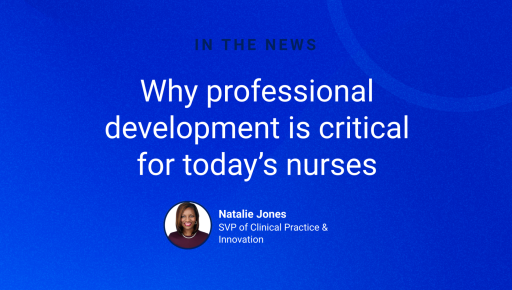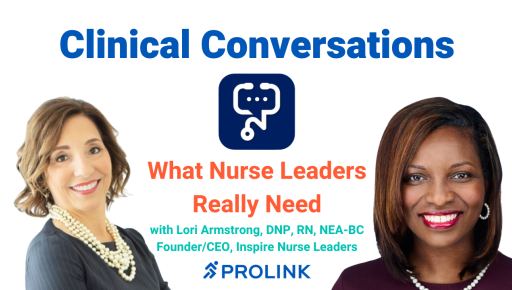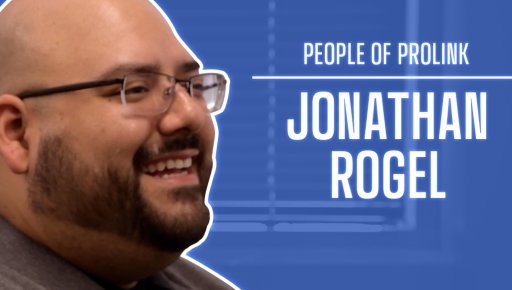Contrary to popular misconceptions, the positions of nurse practitioner (NP) and physician assistant (PA), while both rewarding medical occupations, are not the same job. The two roles each offer unique pros and cons that are essential to consider when making a decision on which to choose.
The basics: How do you become a nurse practitioner or physician assistant?
NPs are nurses with advanced clinical training and education. They begin their work and careers as registered nurses (RNs) but go on to pursue graduate degrees at the master’s or doctorate level.
Many NP programs require a considerable amount of clinical nursing experience, so aspiring NPs will often work as RNs for at least a year before continuing their education. During these programs, nurses complete 1,000 hours of supervised clinical practice with a focus on either primary or acute care. They can also specialize in areas like family practice, mental health, and pediatrics, among others.
In contrast, PAs examine, diagnose, and treat patients under a physician’s supervision. Becoming a PA requires a master’s degree and at least 2,000 hours of supervised clinical rotations. As such, many people who choose to pursue careers as PAs start out by first working as paramedics, athletic trainers, and medical assistants.
The master’s curriculum for becoming a PA follows a medical school model. PAs perform clinical rotations in internal medicine, emergency medicine, general surgery, and family medicine, generally working on teams with physicians and other healthcare providers.

Benefits and drawbacks of the nurse practitioner path
If you’re considering becoming an NP, it can help to know a bit about the pros and cons the career path offers.
Benefits of becoming an NP
The salary of an NP is one of the career’s greatest benefits. NPs can earn a median annual wage of $125,680, with states like California, Massachusetts, Oregon, Nevada, and New Jersey offering the highest pay rates.
Another benefit is the costs associated with training to become an NP. The average cost of NP school ranges from $35,000 to $60,000, which is lower than the costs associated with becoming a PA.
You can also have full scope of practice in a number of states, including:
- Washington
- Iowa
- Oregon
- Hawaii
- Maine
- Alaska
NPs have prescriptive power in all 50 states and can even administer controlled substances in 49 of them. You also have the chance to try travel nursing. The pay is even better, and you get a chance to work in many different cities and facilities.
Perhaps one of the biggest benefits of choosing to become an NP, though, is the job outlook. The need for nurse practitioners is expected to grow by 38% by 2032, a much faster rate than many other positions in the healthcare industry.
Drawbacks of becoming an NP
Becoming an NP means traversing a lengthy education path, one that requires working your way through earning your bachelor’s degree and right through to either a master’s or doctorate. That represents a significant time investment, during which you may not be able to work full-time, ultimately meaning you could be making less money.
On top of that, one of the final steps to becoming an NP is a national certification exam. If you fail, you have to complete 15 contact hours as an advanced practice nurse in your area of weakness. And you can’t take the exam more than twice every calendar year.
Furthermore, different states allow different levels of autonomy for NPs. Some states, like those listed above, let NPs run their own practices, but others will restrict you from doing so.
Lastly, given your extended responsibilities, becoming an NP also places more legal responsibilities on you. You can even be open to a malpractice suit.

Benefits and drawbacks of the physician assistant path
Becoming a PA can be a rewarding choice, but like the path of an NP, it’s not all smooth sailing.
Benefits of becoming a PA
As is the case when becoming an NP, a PA’s salary is one of the position’s greatest benefits. The median annual salary is $126,010, with states like Washington, Nevada, Connecticut, California, and Alaska paying the highest rates. Job growth is also good, with the demand for PAs expected to grow by 27% by 2032.
You have the chance to choose from a number of specialties, as well, thereby allowing you to pursue what you’re most interested in. You’ll also get the chance to perform many hands-on procedures. In fact, you can perform many of the same things that physicians do without having to pass the Medical College Admissions Test (MCAT) to get into a program.
Drawbacks of becoming a PA
Even though you don’t have to worry about the MCAT, training to become a PA is lengthy and expensive, regardless. You have to first obtain a master’s degree and have significant patient care experience. Then, you have to pass the Physician Assistant National Certification Examination and meet your state’s requirements for licensure.
Altogether, you can expect to spend about eight years getting the training you need to become a PA. You’ll also have to undergo PA recertification every six to ten years, which can be a frustrating hassle, especially as many other healthcare professionals only have to pay a fee to extend their certifications.
Lastly, in most states, you will always need to work under a supervising physician, which is a significant drawback for many.
Which option is best for you?
Ultimately, both career paths allow you to make a good living while also helping others, so how do you choose? At the end of the day, it is a personal choice that depends on the kind of goals you have.
Whichever option you decide on, we can help you find the right position at Prolink. Reach out to us to learn more about how we can make landing that perfect job in the healthcare industry simpler.









